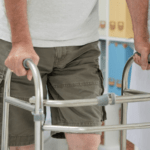Surgical Help From Robots For Knee Replacement (AsiaOne YourHealth)
November 23, 2014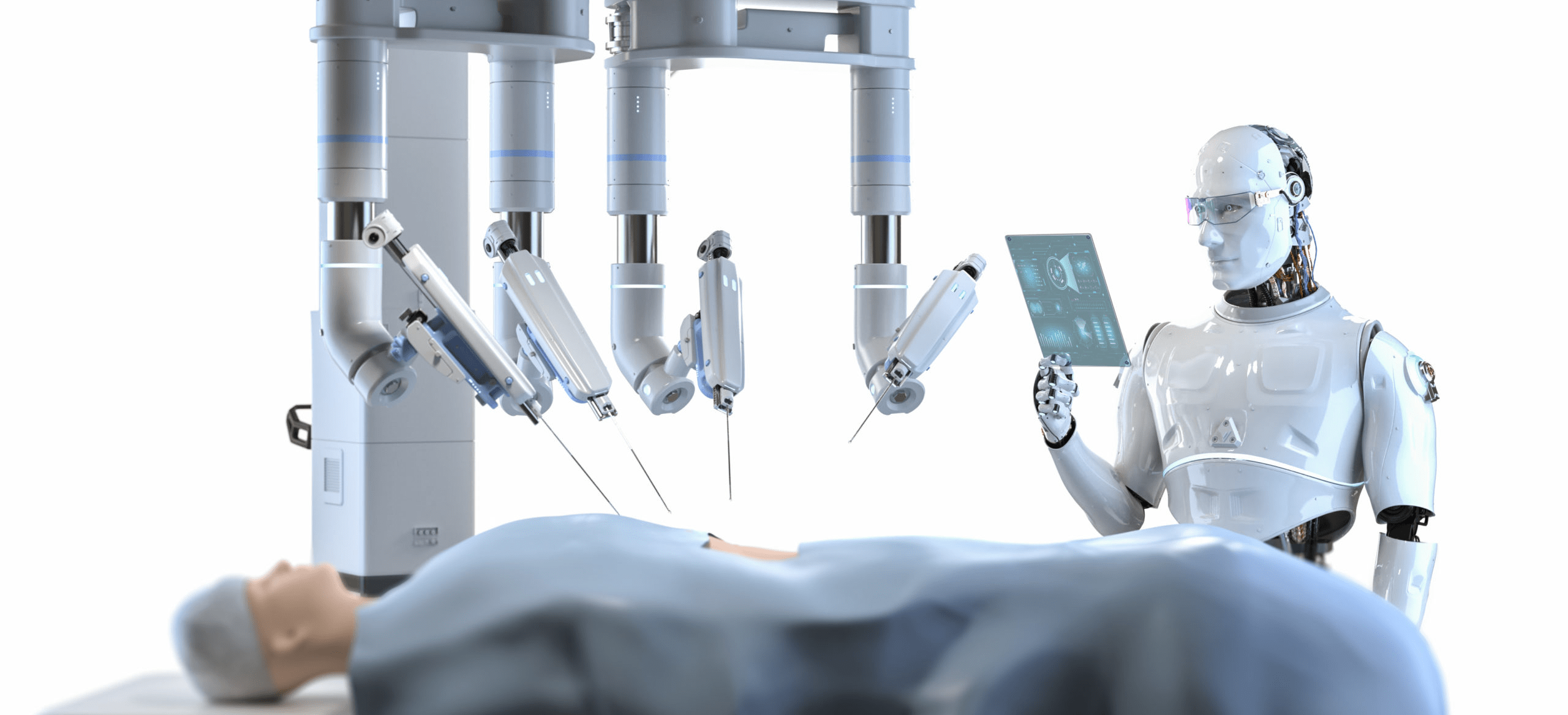
In an AsiaOne YourHealth article, Dr Chin Pak Lin talks about the two robotic systems for robotic knee replacement surgery available in The Orthopaedic Centre at Mount Elizabeth Novena Hospital – RoboDoc and Makoplasty. These systems greatly increases the accuracy and precision of knee joint replacement surgery.
Robots have made their way into operating theatres at Mount Elizabeth Novena Hospital to aid surgeons in knee replacement surgery.
Robotic systems have made technological leaps from when they were first used more than a decade ago. The early machines fell out of favour as they were slow, cumbersome and hard to use. Three years ago, Europe began to use advanced robotic systems more routinely.
In Singapore, Mount Elizabeth Novena Hospital offers two robotic systems for orthopaedics surgery, both of which afford greater accuracy and precision to surgeons.
As a result, patients who suffer from a chronic degeneration of the knee joint, known as knee osteoarthritis or knee arthritis, have a better chance of regaining functional knees that feel as good as their own.
In osteoarthritis, there is wear and tear of the joints due to factors such as ageing, sports injuries, and infections or inflammatory conditions like lupus. Those with osteoarthritis experience pain, joint stiffness, and swelling of the knee – all of which robs them of an active lifestyle.
A knee has three compartments, and osteoarthritis may affect one, two, or all parts. Those with degeneration in just one area may undergo a unicompartmental knee replacement, while others suffering from two or three damaged areas may be offered a total knee replacement.
Dr Chin Pak Lin, medical director of The Orthopaedic Centre at Mount Elizabeth Novena Hospital, recalled how some 40 years ago, surgeons used to manually cut arthritic bones based on bony landmarks in the knee.
Such a procedure performed by a very good surgeon can only achieve an accuracy of up to 80 per cent.
Robotic knee replacement surgery has upped the ante with machines that cut bones to an accuracy of 0.7mm. It is virtually impossible to ask a surgeon to cut bones to 1mm in accuracy, he said.
Dr Chin is an expert at using the Robodoc system, and has treated over 60 patients using this method for total knee replacements. The machine has been made available at Mount Elizabeth Novena Hospital since last month.
The hip and knee specialist plans a surgical procedure for the patient using fluoroscopy data such as computed tomography or magnetic resonance imaging scans of the damaged knee and inputs his surgical plan into the system.
After he exposes the knee during surgery, he positions the robot exactly where he wants it on the knee before the robot cuts the bones on his behalf.
He said the machine is so “fastidious” that if it detects any movement as minute as 2mm – from the patient or from the doctor who accidentally touches the robotic arm – it will stop automatically for safety reasons.
Another robotic system called Makoplasty was acquired by the hospital last year for the treatment of unicompartmental knee replacements. It is now used by at least six orthopaedic surgeons and is offered to patients whose knees have not degenerated to the point that they require total knee replacement procedure.
Surgeons using Makoplasty also plan and customise surgery based on each patient’s unique anatomy.
The Makoplasty system ensures that bone removal stays within the safety zone of the surgical plan, stopping the robotic arm before any bone can be removed outside the planned area. Once the bone preparation is complete, the implants are then placed in the knee.
Dr Chin said that although patients are able to flex their knees fully after surgery and hence can sit cross-legged, they are not encouraged to do a full squat, which exerts more pressure on the artificial implants and put them at higher risks of failure.
He also said post-surgery patients should avoid high-impact activities such as jogging or jumping, but can engage in activities that put less pressure on their knees, such as cycling on a stationary bike and swimming.
Article from AsiaOne (Apr 4, 2014)
About the doctor
Doctor’s News

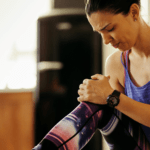
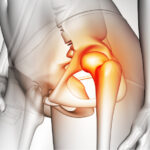
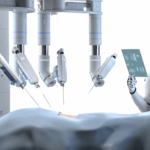
Doctor’s Medical Insights



